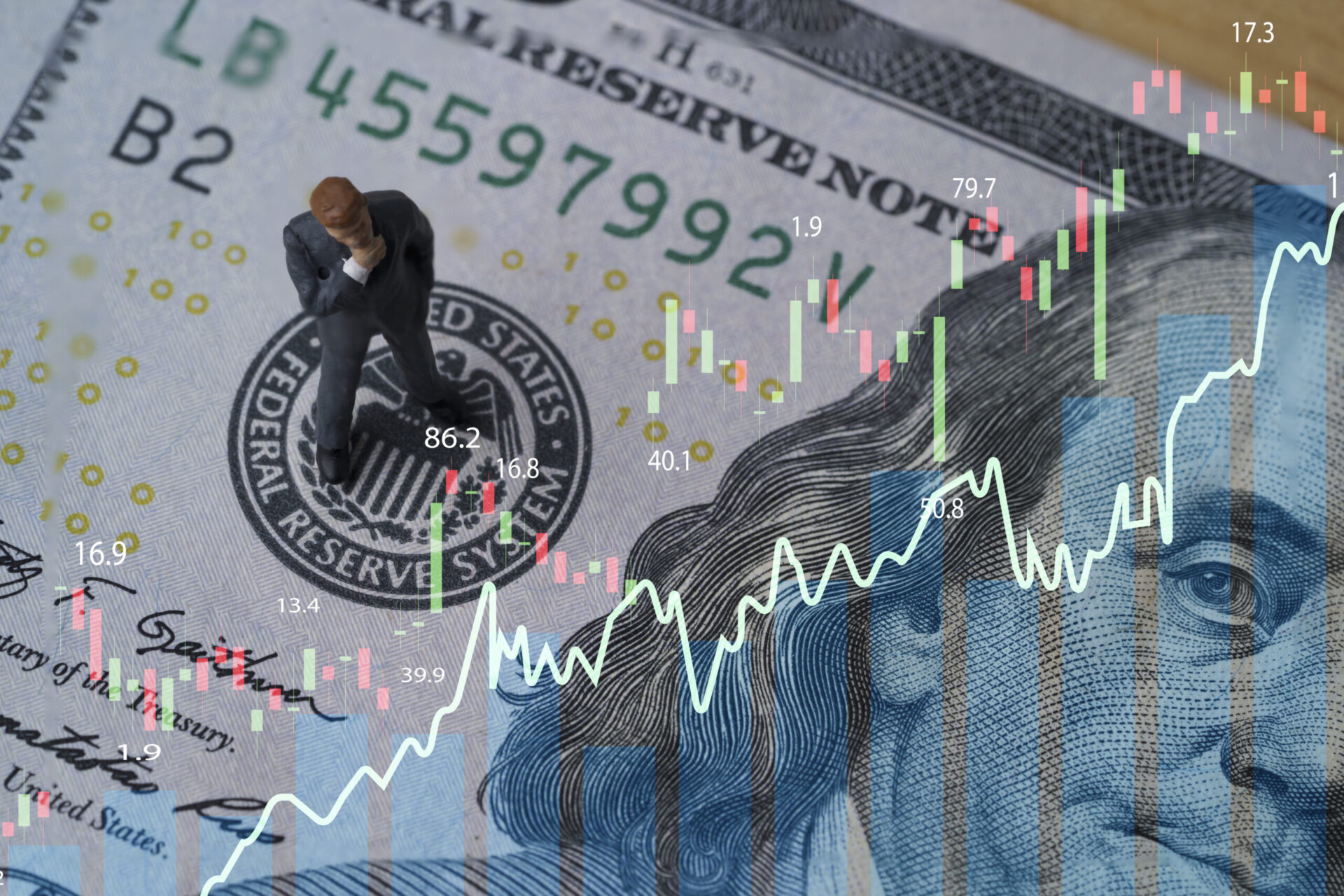Despite an upwardly revised Q3 GDP estimate, Fannie Mae’s Economic & Strategic Research Group has predicted a recession in 2023 and warned it could be worse than expected.
The group estimates Q3 GDP will be 2.3% annualized, up from its earlier prediction of 1.3%. However, it says that the boost “is likely to prove temporary” and forecasts Q4 growth to be -0.7% annualized.
The revision accounts for “partial normalization in global trade following a historically large trade deficit in the first half of 2022,” which will be overcome by Q4.
Unemployment is expected to exceed 5% by the end of 2023 as a result of the recession.
The group noted that labor market tightness– which typically contributes to inflationary pressure – is easing, in line with the Federal Reserve’s goal to bring inflation down to 2%.
As job openings decrease, the Fed expects unemployment to begin rising by the end of the year and to continue through 2023, signaling a recession at the start of 2023.
Joe Brusuelas, chief economist at RSM, told Barron’s that the Fed’s goals could lead to an unemployment rate of 6.7%.
A recession is not likely to change the Fed’s course of action, however.
“We expect the Fed is willing to tolerate a modest recession in 2023 to ensure inflation trends have reversed before ending its tightening course,” the group said.
Though the group maintains that the recession will be mild, it warned that a larger financial crisis is possible.
Leaders there say there is an increasing chance that the pressures of a high-rate environment could “buckle” a weak point in the worldwide financial system.
The group cited the Mexican Peso Crisis and the Asian Financial Crisis at periods when dollar appreciation coincided with international financial decline.
“Given the speed at which interest rates have risen, we believe there is a growing risk of such an event occurring over the coming quarters, which could lead to a deeper or more prolonged contraction than our base forecast expects,” the group wrote.
“While it is not our base case forecast, we believe financial instability could lead to an earlier end to Fed policy tightening, in which case the central bank would pivot to provide greater liquidly to curtail any financial contagion.”
The Federal Open Market Committee’s September minutes found Fed officials worrying about not doing enough to tamp down inflation, saying it “remained unacceptably high.”
“Many participants emphasized that the cost of taking too little action to bring down inflation likely outweighed the cost of taking too much action,” the minutes said.
Investors expect the central bank to raise interest rates another 0.75% at its November meeting.
Read More Articles:
Inflation, Interest Rates Cited As Top Issues For Residential And Commercial Real Estate
EVP: Rocket’s “Inflation Buster” Result Of Listening To Clients’ Needs
This Spooky Weare, New Hampshire House Listing Is Getting National Attention
What is your opinion on what will happen in 2023? What are your main concerns? Email us at [email protected].
